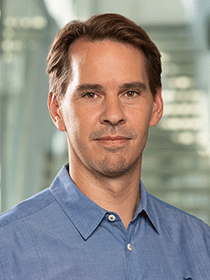Description
Individuals, organizations and even societies as a whole are facing more and more complex challenges. Tackling these challenges not only requires individual but collective effort. Based on that, the concept of Collective Intelligence, which was only recently developed, takes on grater significance. Collectively intelligent groups have the ability to solve significantly better a wide range of different tasks, requiring diverse competencies, than other groups. Accordingly, Collective Intelligence is closely connected with group performance.
The research area of Collective Intelligence is still very young and raises many fundamental questions. The research project Collective Mind (Co-Mind) is aimed at answering three leading research questions. (1) How do selected factors (in particular Perspective Taking and Shared Mental Models) affect Collective Intelligence? (2) Which interventions enhance the Collective Intelligence of groups? (3) Which intervention-based best practices can be derived for stakeholders processes?
In the project Co-Mind, underlying factors of influence and derived interventions will be empirically tested through experiments and first case studies will be evaluated. The project outcomes should contribute to a better understanding of Collective Intelligence and support stakeholder groups to solve complex challenges more intelligently.
Details
| Duration | 01/02/2017 - 31/07/2020 |
|---|---|
| Funding | FFG |
| Program | bridge |
| Department | |
| Principle investigator for the project (University for Continuing Education Krems) | Assoz. Prof. Mag. Dr. Lukas Zenk, MSc |
| Project members |
Mag. Nicole Hynek
|
Team
Publications
Zenk, L.; Hynek, N.; Schreder, G.; Zenk, A.; Pausits, A. & Steiner, G. (2018). Designing Innovation Courses In Higher Education Using LEGO® SERIOUS PLAY®. International Journal of Management and Applied Research, Vol. 5, No. 4: pp. 245-263
